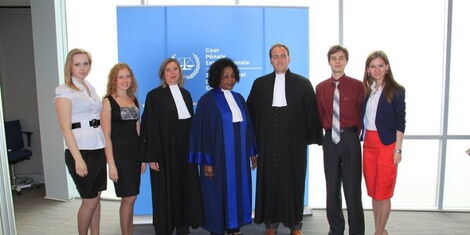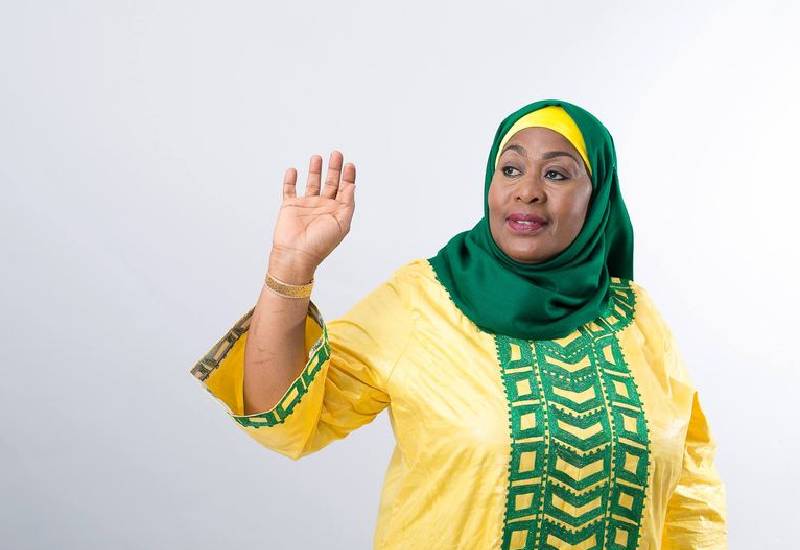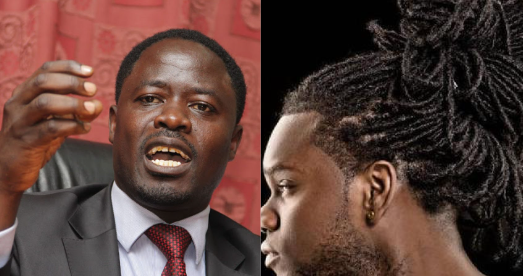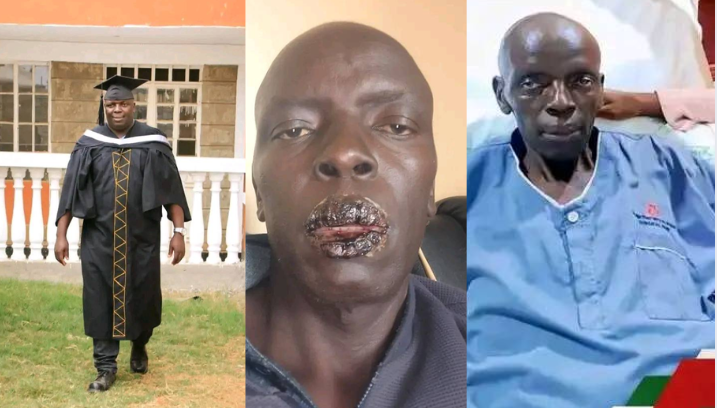Before the introduction of the current devolved system of government, there existed a system of local governance, one that involved a well-organised provincial administration.
Inherited from the colonial masters, the men and women who held the positions wielded power even after Kenya gained her independence.

Among them was Sam Aluko, a man who in his own right, left a legacy of his own. However, his daughter, Joyce, stepped out of her father’s shadow and built a legacy of her own.
Joyce Aluoch was born to Sam Aluko and Aino Alttoa in 1947. Although little is known about her primary school education, Joyce joined Butere Girls’ High School for her Ordinary (O) Level Education.
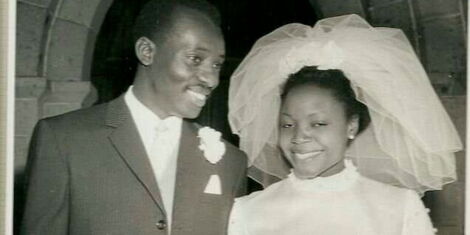
She then joined the Limuru Girls’ High School for her Form Five and Six, where she recorded stellar performance. She was admitted at the University of Nairobi (UoN) to pursue a degree in Law.
Joseph had just completed his degree in medicine. At the time, he had been posted as a medical officer in Meru. However, this was not the first time that the two were meeting.
The two had interacted before, as friends, when she was still a student at Butere Girls, and Joseph, a student at the university.
“The first time you visited me at school was when I was at Butere, and I was surprised. I was told I had a visitor, but I did not go alone, I went with my friend, ” she stated.
When she joined Limuru Girls’, Joe continued visiting her, and occasionally, took her around the city during her exeat. So when they met at the university, they had already had the chemistry.
Joyce had just joined law school, when the young doctor decided to take their relationship a notch higher. He popped the question, but the old fashioned way- he asked her to go and inform her parents about it.
Knowing just how strict her father was, she summed up the courage to face the now retired provincial administrator. The answer could not be more predictable.
“He asked me to go and tell my parents, and because I had not completed my law degree, my father obviously said no!” she recalled.
Aluko told her that she would have to first complete her law degree. A course that Aluoch, on several occasions, has defined as her father’s choice.
Nonetheless, the two remained in touch and one and a half years later, they went back to her father’s house in Ngong. This time, Aluko had lowered his guard, and his frame was now weakened, perhaps by the retirement.
The government retiree told them that he would only give them his blessing if he promised that the marriage would not become an obstacle to his daughter’s career and future. A deal had been struck, and the two exchanged vows in 1972.
Unfortunately, a year after their wedding, they confronted their first test. Joseph had to leave the country. Back then, it was a requirement for doctors to go to the United Kingdom for their post graduate studies.
This meant that Joyce, now a young mother, had to manage it all on her own-her career and her child. No, the newlyweds were not separating, they had to make a sacrifice.
“I had to be at home and I had to be in class,” she narrated.
She managed to pull it off, and for that matter, quite well. When her husband came back from Edinbugh, the university student already had become a magistrate.
Joyce had been appointed a District Magistrate in 1974 after completing a post-graduate diploma from the Kenya School of Law.
Together, they became a formidable team. They both grew in their respective career paths, Joyce into a legal powerhouse and Joseph into a renowned doctor.
In 1993, she became a judge of the High Court and 14 years later in 2007, she rose the ranks to become a judge of the Court of Appeal.
The Hallmark of the career, was perhaps her appointment to the International Criminal Court in 2009. She was then elected as a First Vice-President of The Hague-based Court.
For many, getting married and having a child while still in campus means the end of the word, but Joyce is a living testimony that this must not always be the case.
